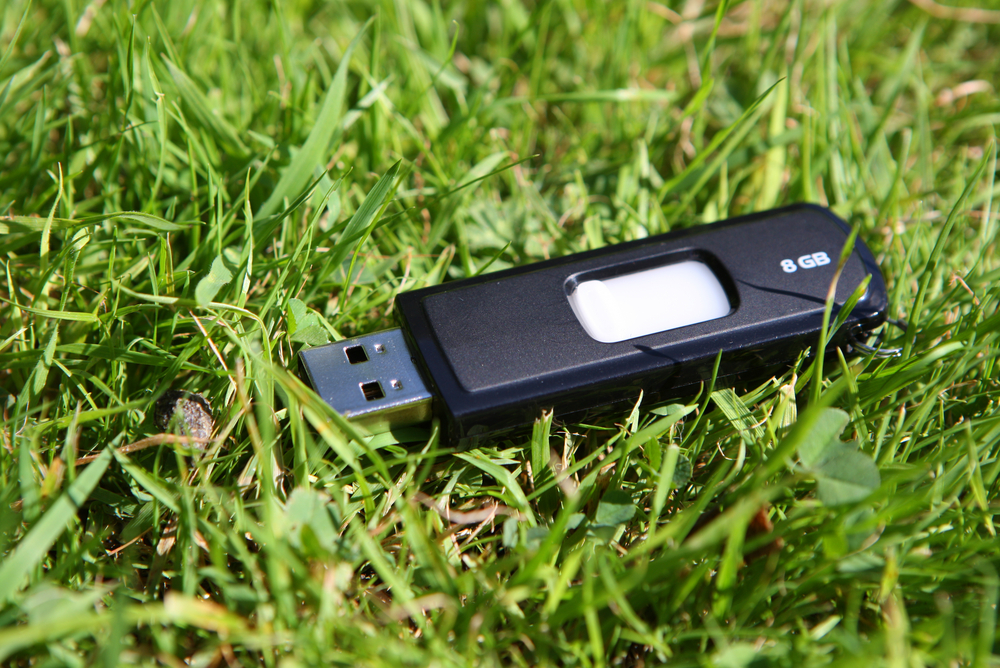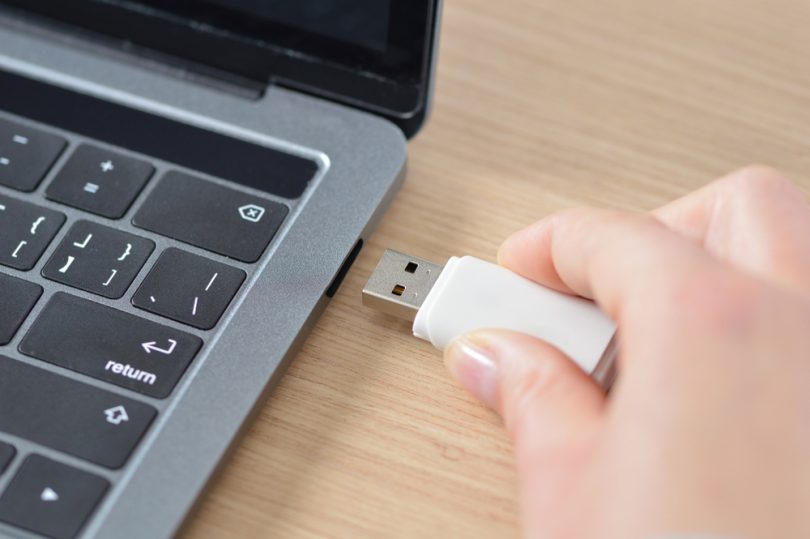Data storage technologies have evolved significantly over time, transitioning from standard floppy disks to compact USB flash drives that can store massive amounts of data.
The compact nature and storage capabilities make flash drives an appealing option for many students.
While they are certainly portable, versatile, durable, and affordable, you shouldn’t use USB flash drives to manage storage for sensitive projects for the following reasons:
1. Rewrite Limitation
You can easily transfer your school files to a USB flash drive within minutes. You can also delete stored documents within seconds.
However, there’s a limitation to the number of times users can rewrite data on USB drives.
While all flash drives have a limited number of write cycles, the lifespan of your USB drive primarily depends on the technology used by the manufacturer.
The flash drive cells naturally wear down after a given number of writes, typically between 3000 and 10000 cycles.
Worn-out flash drive cells render the device unusable. However, the limitation only affects write cycles.
There’s no implication on the number of attempts to read the files. You can open your stored files endless times without affecting their lifespan.
Modern flash drives have various technologies that attempt to prevent rewrite limitations and eventual data loss.
A common technology is wear leveling, which spreads wear out to flash drive cells, reducing the probability of experiencing widespread data failure.
While most modern flash drives support this technology, it does to a limited extent.
Other technologies like error-correcting code boost resistance against flash cell damage and data loss.
Unfortunately, not all flash drive manufacturers have embraced these technologies. Most manufacturers avoid them in a bid to cut production costs.
Therefore, if you insist on using your flash drives for important school projects, ensure that you use a flash drive model from manufacturers that use these technologies.
Note that this means spending more on a high-quality drive.
2. Data Security Issues
USB flash drives are preferred because of their compact and portable nature. These storage devices can be used on computer systems and other gadgets flexibly.
However, doing this exposes them to data security issues. Your computer system might have malware, virus, and other malicious programs that can corrupt information stored on your flash drive.
Unfortunately, accessing files stored in a corrupted USB drive is almost impossible.
Using your flash drive on multiple gadgets also spreads malicious programs from the source system to others, ultimately corrupting them.
3. Data Use
Data use also affects the performance and longevity of your flash drive. USB flash drives wear out faster if contents are regularly overwritten.
Unlike other external storage devices, flash drives shouldn’t be used for repetitive write cycles.
Therefore, you shouldn’t edit your photos, sounds, videos, and other files on the flash drive.
Regular write cycles accelerate the wear down of flash cells, causing unexpected data loss.
Always transfer files to your PC’s hard drive before editing. You should also never run applications directly from the USB drive.
4. Easy to Lose

While the small size makes USB flash drives portable, they make them easy to lose or misplace.
They can easily fall off your bag, wallet, or pocket. It can also be stolen easily.
This becomes a major problem if a flash drive containing sensitive information gets into the hands of malicious persons.
Otherwise, you put yourself at risk of losing precious college work, such as essays and presentations.
The Bottom Line
You shouldn’t rely on flash drives to store important information.
Flash drives should be mainly used for data transfer rather than storage.
Storing crucial projects in at least three locations is a prudent way of preventing permanent data loss.
Besides, use backup software and check backups for important data regularly.







